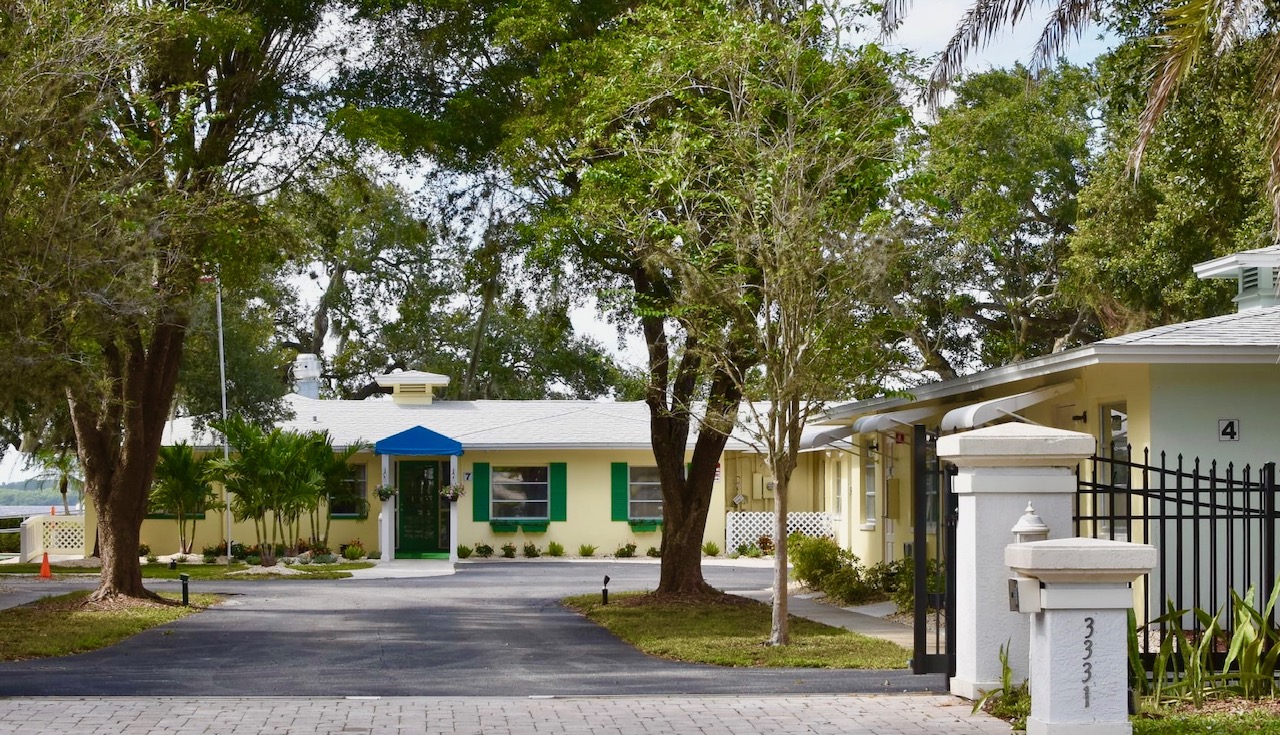Alcohol rehab is a structured treatment program designed to help individuals overcome alcohol addiction and regain control over their lives. If you or a loved one is considering rehab, understanding what to expect can help ease anxiety and prepare for the journey to recovery.
Understanding Alcohol Addiction Treatment
According to the National Institute of Health, 177 million Americans (age 12 and older) reported in 2023 to drinking (at some point) in their lifetime. At the same time, about 28 million Adult Americans are struggling with alcohol use disorder. Alcohol rehab is a structured environment designed to help individuals overcome alcohol dependency and regain control over their lives. If you or a loved one is considering treatment, understanding the entire process can help ease anxiety and prepare for their freedom from drinking.
Phase One: Alcohol Detoxification
Cleansing Toxins from Body
For many, the first step in alcohol rehab is detox, where the body eliminates alcohol. This process can cause withdrawal symptoms ranging from mild to severe, depending on the level of dependency. Medical supervision 24/7 ensures safety and comfort during detox. Typically, an alcohol detox can last between 7-14 days. This depends on drinking history and physical condition.

Phase Two: Residential Treatment
Behavioral Therapy & Holistic Activities
Rehab programs include various forms of therapy, such as:
- Individual Therapy: One-on-one sessions with a therapist to focus on personal struggles and triggers.
- Group Therapy: Support group where patients share experiences and encourage one another.
- Family Therapy: Brings together loved ones to help rebuild relationships and create an improved family dynamic.
- Cognitive Behavioral Therapy (CBT): Helps people identify and change the negative thought patterns that lead to drinking.
Phase Three: Outpatient & Continuing Care
What Happens After Alcohol Rehab?
Recovery does not end after leaving rehab. After alcohol rehab, individuals’ transition into aftercare to maintain their sobriety and prevent relapse. This includes ongoing therapy, support group participation, and possibly sober living arrangements. Lifestyle adjustments, such as healthy habits and avoiding triggers, play a crucial role. Continued counseling and strong support systems help reinforce long-term recovery and personal growth. A strong continuing care plan includes:
- IOP Group Therapy: Group think gets everyone learning from one another’s experiences and acquiring new coping tools together.
- Sober Living: Transitional living of peer supports for those in early recovery.
- Support Networks: 12-step groups like Alcoholics Anonymous have been providing local peer support for over 80 years.
Alcohol rehab provides a structured and supportive environment to help individuals recover from alcohol addiction. While the journey may be challenging, the right treatment plan and support system can lead to a healthier, alcohol-free life. If you or someone you know needs help, seeking professional assistance is the first step toward recovery.
About Celadon Recovery
Celadon is comprehensive addiction and mental health treatment center located along the shores of the Caloosahatchee River in Fort Myers, Florida. With a full-continuum of care including detox, residential, and outpatient programs, we are committed to quality substance use and co-occurring disorder care. Call us today at 239-266-2141.





